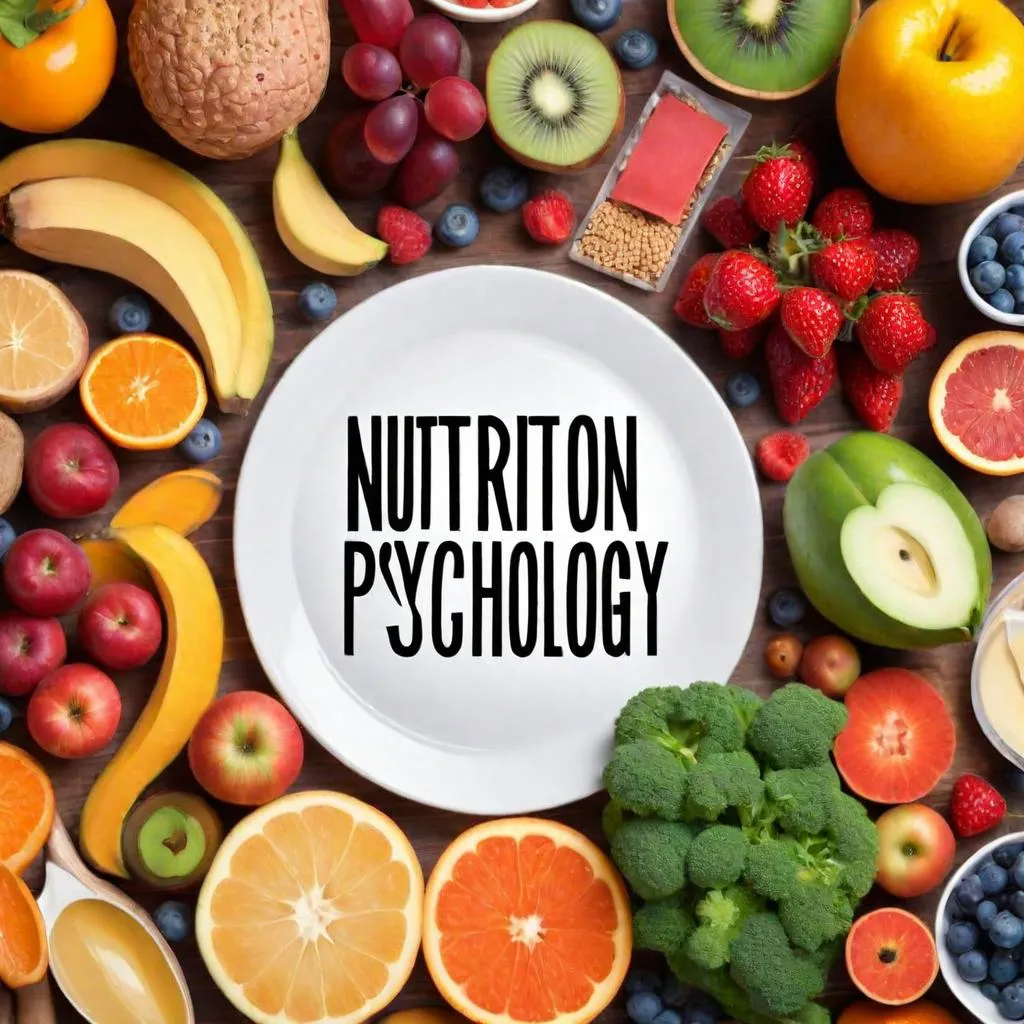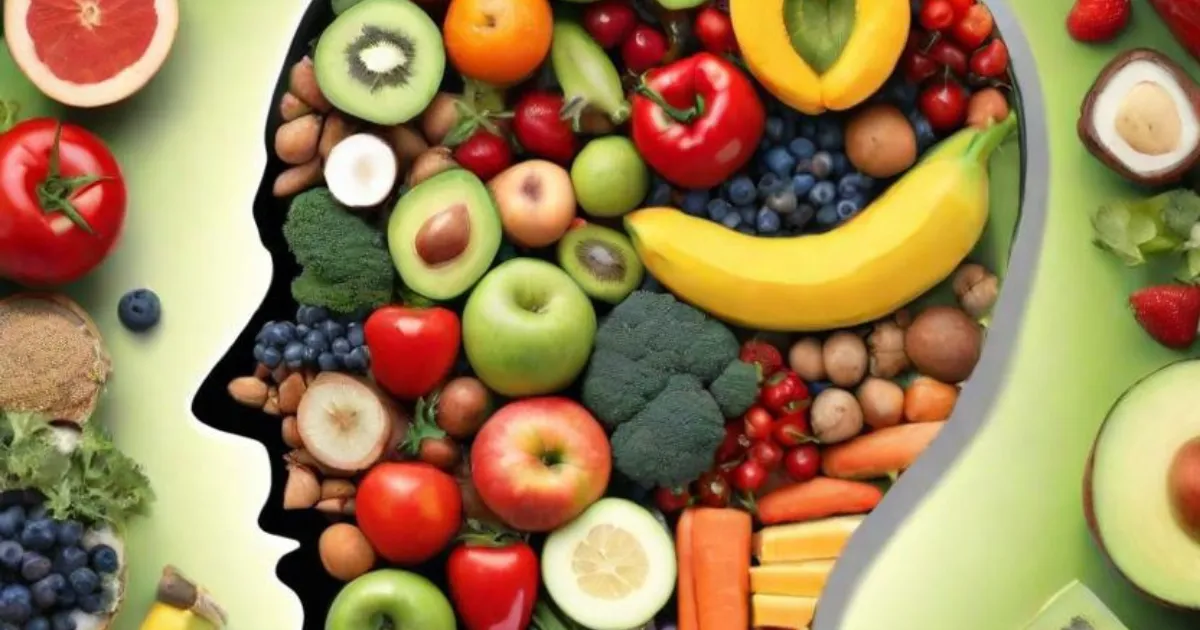Nutrition Psychology Programs: Unlocking the Mind-Body Connection
Introduction
Have you ever wondered how the food you eat affects not just your body but also your mind? Welcome to the intriguing world of nutrition psychology. This area of study investigates the unique relationship between our eating patterns and mental health. As more people become interested in holistic health, studying nutrition psychology is becoming increasingly popular.
What is Nutrition Psychology?
Definition and Scope
Nutritional psychology is an interdisciplinary field that examines the relationship between dietary intake and psychological well-being. It encompasses aspects of psychology, nutrition, and health sciences to understand how what we eat influences our mental health.
Historical Background
The concept of nutrition affecting mental health is not new. Ancient civilizations recognized the importance of diet in maintaining mental balance. However, it is only in recent decades that scientific research has started to unravel the complexities of this connection.
The Mind-Body Connection
How Nutrition Affects Mental Health
Our brains are highly responsive to what we consume. The brain depends on several nutrients, including vitamins, minerals, and omega-3 fatty acids. Diets high in processed foods and sugars have been linked to increased risks of depression and anxiety, while balanced diets rich in fruits, vegetables, and lean proteins support mental clarity and emotional stability.
Role of Diet in Cognitive Function
It has been demonstrated that eating a healthy diet enhances memory, focus, and cognitive performance. This is particularly important for students and professionals who rely heavily on their mental faculties to perform well in their daily tasks.
Benefits of Studying Nutritional Psychology
Personal Health Benefits
Understanding the principles of nutrition psychology can lead to better personal health outcomes. You can make informed dietary choices that enhance your mood, reduce stress, and boost your overall well-being.
Professional Opportunities
Professionally, a background in nutrition psychology opens doors to various careers, including clinical practice, research, and health coaching. The demand for experts who can provide holistic health solutions is on the rise.
Core Components of Nutrition Psychology Programs
Foundational Courses
Most nutrition psychology programs start with foundational courses in psychology, nutrition, and biology. These courses provide a broad understanding of how the mind and body interact.
Advanced Specializations
As students progress, they can choose to specialize in areas such as eating disorders, nutritional counseling, or neuropsychology. These specializations allow for deeper expertise and targeted career paths.
Popular Nutrition and Psychology Programs
Universities Offering These Programs
Several prestigious universities offer programs in nutrition psychology. Institutions like Harvard, Stanford, and the University of California provide comprehensive curricula that combine theory and practical application.
Online vs. On-Campus Programs
With the advent of online education, many programs are now available remotely. Students are able to manage their schoolwork and other responsibilities because to this flexibility. However, on-campus programs often offer more hands-on experiences and direct access to faculty.
Career Paths in Nutrition Psychology
Clinical Nutritionist
Clinical nutritionists work in healthcare settings, helping patients manage their diet to improve mental and physical health. They often collaborate with other healthcare professionals to develop comprehensive treatment plans.

Health Coach
Health coaches guide clients toward healthier lifestyles through personalized diet and wellness plans. They play a motivational role, encouraging clients to make lasting changes.
Researcher
Researchers in nutrition psychology investigate the links between diet and mental health. Their work contributes to the scientific understanding of these connections and informs public health policies and practices.
How to Choose the Right Program
Accreditation and Reputation
When selecting a program, it is crucial to consider its accreditation and reputation. High academic criteria are met by accredited programs, guaranteeing a top-notch education.
Curriculum and Faculty
Reviewing the curriculum and faculty expertise can provide insights into the program’s strengths. Seek out courses that place equal emphasis on academic and practical abilities.
Integrating Nutritional Psychology in Everyday Life
Useful Advice for Improving Mental Health Through Nutrition
Incorporating nutrition psychology principles into your daily life can be simple. Start by including more whole foods in your diet, reducing processed foods, and paying attention to how different foods affect your mood and energy levels.
Case Studies and Success Stories
Many individuals have transformed their lives by applying nutrition psychology. Success stories often highlight improvements in mental health, increased energy, and better overall well-being.
Challenges in the Field
Common Misconceptions
One common misconception is that diet alone can solve all mental health issues. While nutrition is vital, it is just one aspect of a comprehensive mental health strategy.
Ethical Considerations
Ethical considerations in nutrition psychology include ensuring that dietary recommendations are evidence-based and respect individual differences. Professionals must avoid making unsubstantiated claims.
Future Trends in Nutrition Psychology
Emerging Research
The field of nutrition psychology is continually evolving. Emerging research is exploring new connections between diet and mental health, including the gut-brain axis and the impact of microbiomes.
Technological Advancements
Technological advancements, such as personalized nutrition apps and genetic testing, are enhancing our ability to tailor dietary recommendations to individual needs.
How to Get Started
Prerequisites for Enrollment
Most nutrition psychology programs require a background in science or health-related fields. Prerequisites often include courses in biology, psychology, and chemistry.
Tips for Prospective Students
Prospective students should explore various programs, attend information sessions, and speak with current students or alumni to gain a better understanding of what to expect.
Resources for Further Learning
Recommended Books and Journals
Books like “The Mind-Gut Connection” by Dr. Emeran Mayer and journals such as “Nutritional Neuroscience” offer valuable insights into the field.
Professional Organizations
Joining professional organizations, such as the Academy of Nutrition and Dietetics, can provide networking opportunities and access to the latest research.
Conclusion
Nutritional psychology offers a unique perspective on the interconnectedness of diet and mental health. By studying this field, you can gain valuable insights that enhance both personal well-being and professional opportunities. As research continues to evolve, the potential for this field to contribute to holistic health solutions is immense.
FAQs
What is the role of a nutrition psychologist?
A nutrition psychologist studies the impact of diet on mental health and provides guidance on dietary practices to improve psychological well-being.
Can diet really impact mental health?
Yes, numerous studies have shown that diet significantly affects mental health. Nutrient-rich diets support brain function and emotional stability, while poor diets are linked to mental health issues.
How long does it take to complete a nutrition psychology program?
Most programs take two to four years to complete, depending on the level of education and whether you are studying full-time or part-time.
Are there any online programs available?
Yes, many institutions offer online nutrition psychology programs, providing flexibility for students to study from anywhere.
What are the job prospects for graduates?
Graduates can pursue careers as clinical nutritionists, health coaches, researchers, and more. The demand for professionals in this field is growing as awareness of the diet-mental health connection increases.


